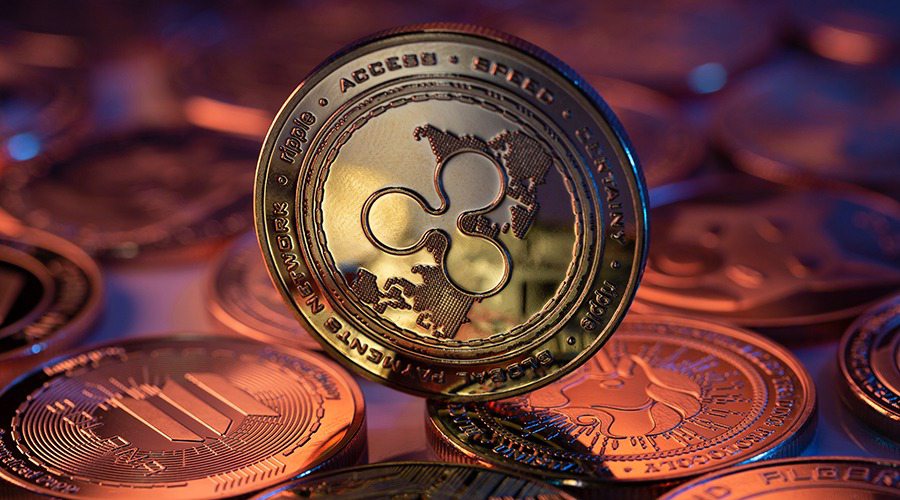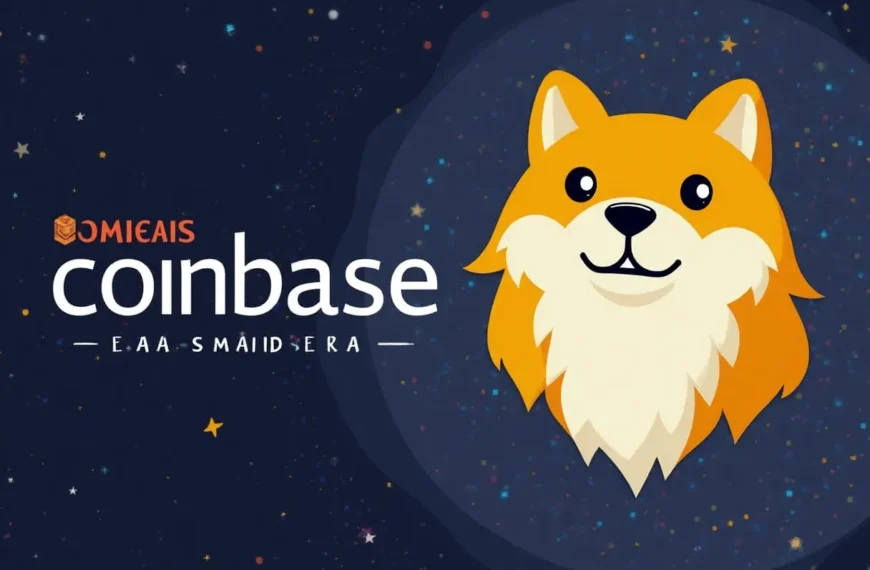XRP’s Stability: Could It Rival Bitcoin After Ripple’s Acquisition?
The cryptocurrency market is known for its volatility, yet some digital assets manage to carve a niche for themselves as relatively stable options. XRP, the native token of the Ripple network, is one such asset that has sparked interest among investors. With Ripple’s recent acquisition of Prime Broker Hidden Road, the question arises: Could XRP’s stability rival that of Bitcoin?
The Ripple Ecosystem: A Brief Overview
Ripple was established in 2012 to facilitate seamless cross-border transactions. Unlike Bitcoin, which operates on a proof-of-work system, Ripple uses a consensus algorithm that enables faster transaction processing and lower fees. This unique approach has made XRP a preferred choice for financial institutions looking to enhance their payment systems.
The Ripple network aims to solve several key issues in the traditional banking system, including:
With Ripple’s commitment to improving global payment solutions, XRP has gained traction and recognition as a viable alternative to traditional currencies.
The Significance of the Hidden Road Acquisition
Ripple’s acquisition of Prime Broker Hidden Road is a strategic move aimed at enhancing its services. Hidden Road specializes in digital asset trading and liquidity solutions, which could significantly bolster Ripple’s ability to provide liquidity to its clients. This acquisition is expected to:
1. Strengthen Ripple’s Institutional Offerings: By integrating Hidden Road’s services, Ripple can offer enhanced trading capabilities to institutional clients, making XRP more appealing to this segment.
2. Increase Market Liquidity: The combination of Ripple and Hidden Road can lead to improved market liquidity for XRP, reducing the volatility often associated with cryptocurrencies.
3. Expand Global Reach: Hidden Road’s existing infrastructure and client base can facilitate Ripple’s expansion into new markets, further solidifying XRP’s position in the global financial landscape.
XRP vs. Bitcoin: A Comparative Analysis
While Bitcoin has long been regarded as the gold standard of cryptocurrencies, XRP presents itself as a strong competitor. Here are some critical aspects to consider when comparing the two:
1. Market Performance: Bitcoin has historically been known for its dramatic price fluctuations, whereas XRP has shown more resilience in maintaining its value over time. This stability can attract investors looking for less volatile investment options.
2. Use Cases: Bitcoin is primarily viewed as a store of value and a speculative asset. In contrast, XRP is designed for practical use in financial transactions, making it a potentially more attractive option for banks and payment providers.
3. Regulatory Environment: The ongoing regulatory scrutiny surrounding cryptocurrencies poses risks to all digital assets. However, Ripple’s proactive approach to compliance may provide XRP with a distinct advantage over Bitcoin in navigating regulatory challenges.
The Future of XRP: Potential for Growth
As Ripple continues to innovate and expand its offerings, the future looks promising for XRP. Here are a few factors that could contribute to XRP’s potential growth:
Challenges Ahead for XRP
While there are many positive indicators for XRP, it is essential to address the challenges it faces:
1. Regulatory Uncertainty: The cryptocurrency market is subject to evolving regulations, and any adverse regulatory developments could impact XRP’s market performance.
2. Competition: As more cryptocurrencies emerge, XRP faces stiff competition from other digital assets that offer similar functionalities, which could affect its market share.
3. Market Sentiment: The overall sentiment in the cryptocurrency market can influence XRP’s price. A downturn in the market can lead to increased volatility, affecting its stability.
Conclusion: Is XRP Ready to Rival Bitcoin?
The acquisition of Prime Broker Hidden Road by Ripple has set the stage for XRP to strengthen its position in the cryptocurrency market. With a focus on enhancing liquidity, improving institutional offerings, and expanding its global reach, XRP is well-positioned to potentially rival Bitcoin in terms of stability and adoption.
While it is essential to remain cautious due to the inherent risks and challenges within the cryptocurrency space, XRP’s unique value proposition and Ripple’s strategic initiatives could pave the way for a more stable and widely accepted digital asset. As the landscape of cryptocurrencies continues to evolve, XRP’s journey is one to watch closely for those interested in the future of digital finance.






